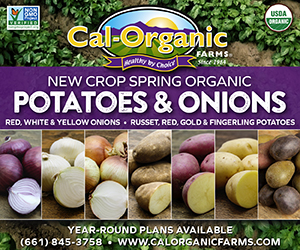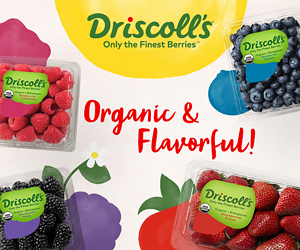Organic Produce Network (OPN) and the Alliance for Food and Farming (AFF) share a common objective—to increase consumption of all fruits and vegetables. With only 1 in 10 of us eating enough each day, this objective is increasingly important since decades of nutritional studies show a produce-rich diet prevents disease, improves immune function, and expands lifespan.
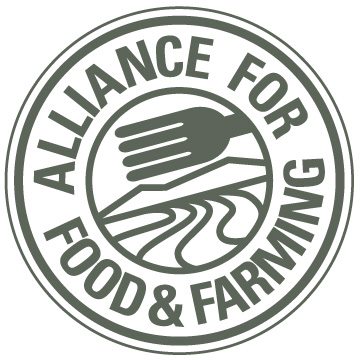
But an increasingly prevalent barrier to consumption can be misplaced safety fears about produce. As people are more removed from where food is grown and how it is grown, sometimes misinformation fills that void.
Registered dietitians (RDs) acknowledge and share the concern that fear is negatively impacting their ability to improve diets among clients and consumers. In a recent survey conducted by the AFF, RDs almost unanimously agreed that consumers should eat more fruits and vegetables every day, whether it’s organic or conventionally grown, because both are safe and can be eaten with confidence. Ninety-five percent of RDs also agreed that it is important that consumers know conventionally grown fruits and vegetables are safe to eat because not all consumers feel they can afford organically grown produce.
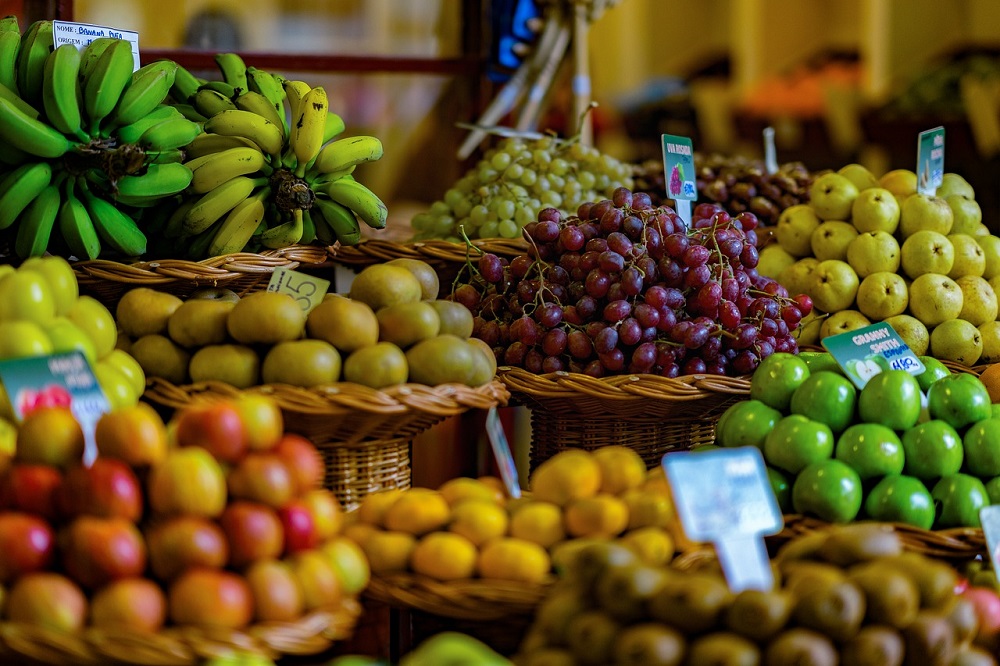
But let’s dig a little deeper into the exceptional safety record of fruits and vegetables. According to the U.S. Department of Agriculture Pesticide Data Program, 99 percent of the foods tested had residue levels well below safety standards established by the Environmental Protection Agency, if residues were present at all. Year-after-year, this government report has consistently found this high level of compliance among organic and conventional farmers of fruits and vegetables.
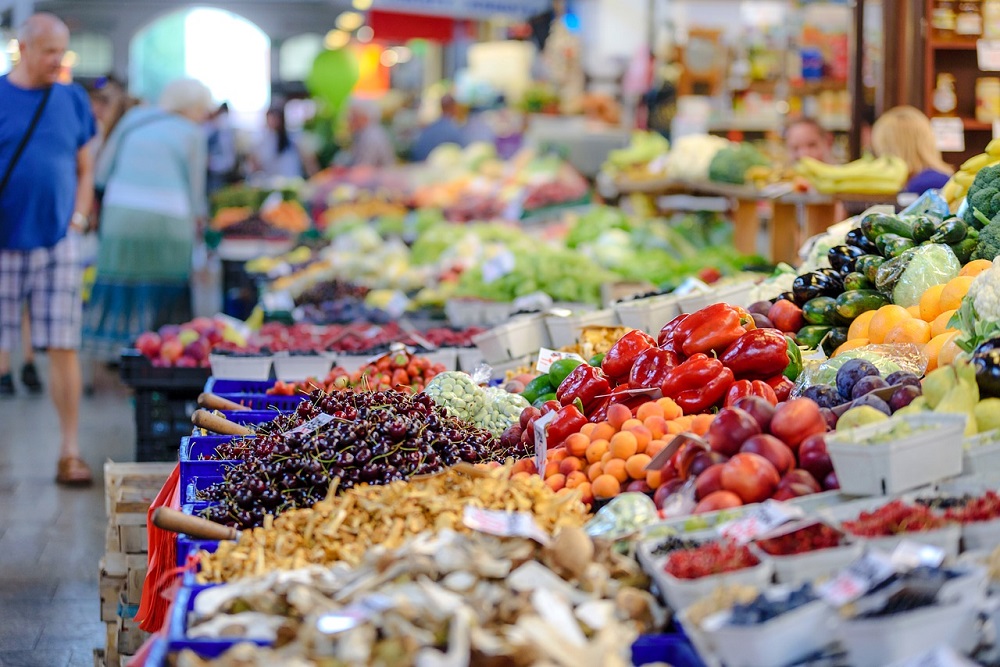
Further, an analysis by toxicologists with the University of California’s Personal Chemical Exposure Program of conventional and organic produce found a child could eat hundreds to thousands of servings of a fruit or vegetable in a day and still not have any health effects from residues because residues are so very low, if present at all.
But while the science is clear regarding produce safety, it is important to understand that perpetuating fear and misinformation regarding the safety of conventionally grown produce may be detrimental to organic purchasing habits as well. A peer-reviewed study published in Nutrition Today found that exposure to fear-based messaging resulted in low-income consumers stating they were less likely to purchase any produce—organic or conventional.
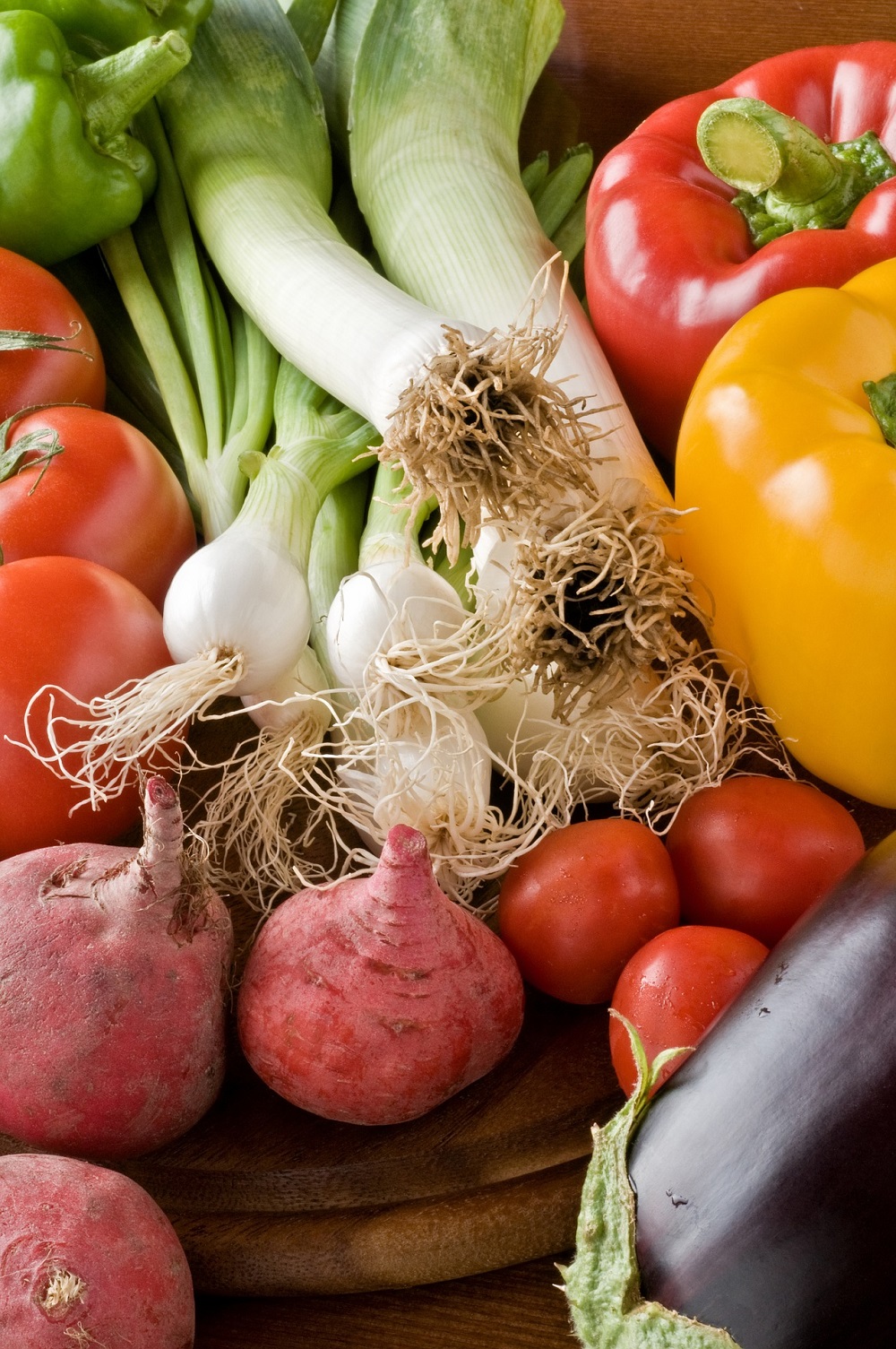
A complementary study conducted by Johns Hopkins University’s Center for a Livable Future was published in the journal Culture, Agriculture, Food, and Environment. Those researchers conducted interviews of 30 adults from a low-income neighborhood in Baltimore to learn more about the way organic food is understood within consumers’ definitions of healthy food. Among their key conclusions: “The issue of organic can swamp or compete with other messages about nutrition, as evidenced by the data presented here. Perceiving that there is an overwhelming amount of sometimes contradictory information about healthy eating could make some consumers defeatist about trying to eat healthily.”
The Johns Hopkins study also included this recommendation in its conclusions: “In order to empower consumers to make healthy choices, we need to create dietary advice that is culturally sensitive, based on economically accessible foods, and takes into account the many competing messages about diet and health that bombard consumers on a regular basis.”
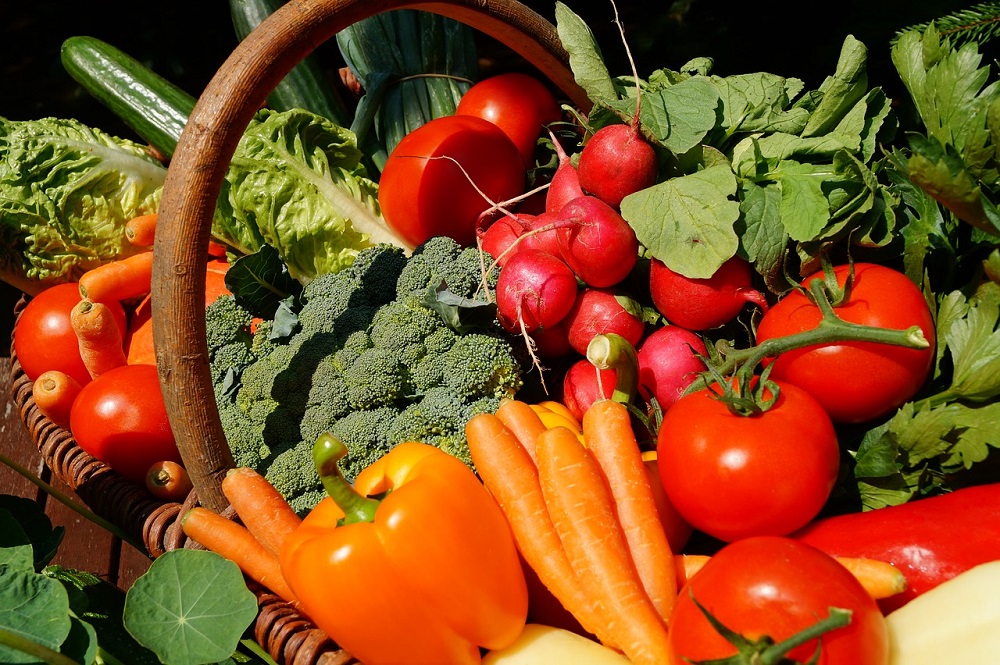
These studies summarize and quantify why those of us that advocate for organic and those of us that advocate for all produce must commit to providing honest, science-based safety information to consumers. We cannot exaggerate or manipulate facts and information to suit our own narrative because the most important narrative is one that supports consumers’ choices and allows those choices to thrive and expand as they hopefully are encouraged to include more fruits and vegetables on their shopping lists.
The AFF provides industry, media, nutrition communicators, RDs, and consumers with produce safety information so that facts, not fear, can guide shopping choices. The information found on safefruitsandveggies.com includes nutritional studies, research results about what messages reassure consumers about produce safety, peer-reviewed studies on toxicology and risk assessment, government sampling data, and the safety standards in place to ensure the safe use of pesticides on organic and conventional farms to protect consumers, farmworkers, and the environment.
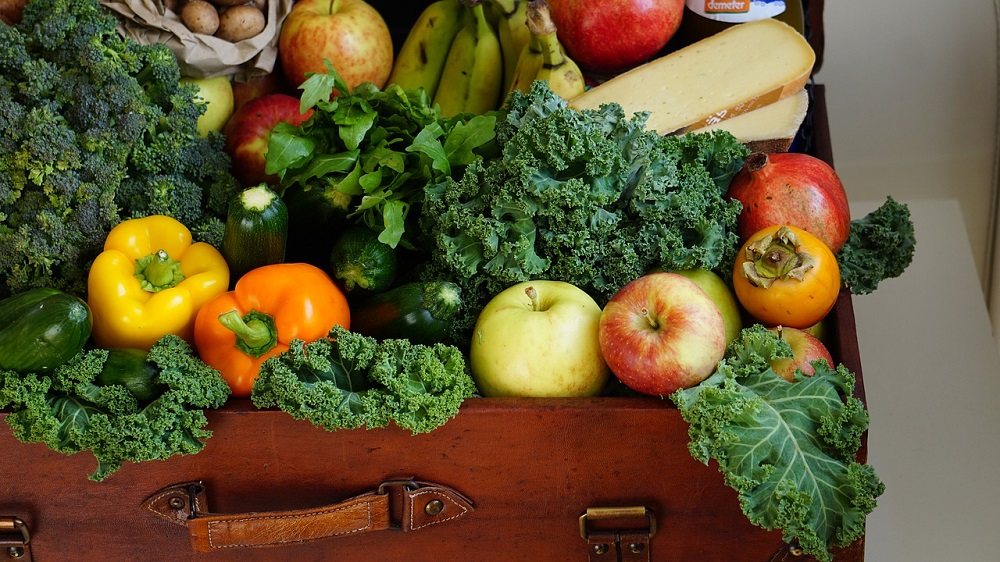
The information on safefruitsandveggies.com supports the AFF’s very simple message to consumers: Read, learn, choose, but eat more organic and conventionally grown produce every day for better health and a longer life.

